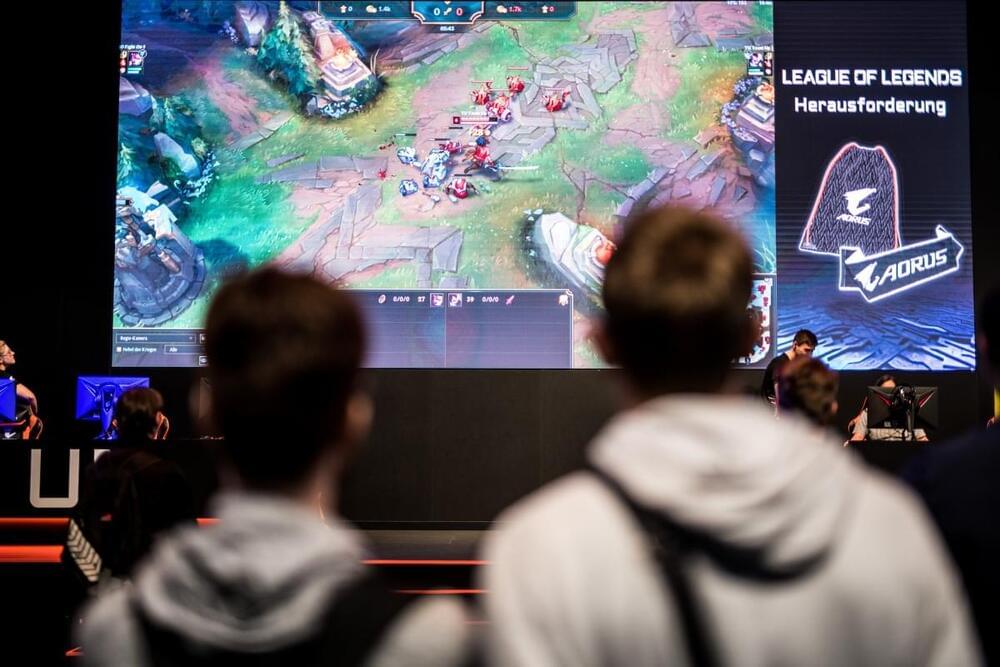Malls are becoming places for public libraries, animal shelters, basketball courts and entertainment centers.
Across the United States, some malls are undergoing big changes. Businesses such as animal shelters, trampoline parks and movie theaters are filling the spaces that have been left empty in recent years. NBC News’ Brian Cheung has the story.
» Subscribe to NBC News: http://nbcnews.to/SubscribeToNBC
» Watch more NBC video: http://bit.ly/MoreNBCNews.
NBC News Digital is a collection of innovative and powerful news brands that deliver compelling, diverse and engaging news stories. NBC News Digital features NBCNews.com, MSNBC.com, TODAY.com, Nightly News, Meet the Press, Dateline, and the existing apps and digital extensions of these respective properties. We deliver the best in breaking news, live video coverage, original journalism and segments from your favorite NBC News Shows.
Connect with NBC News Online!







